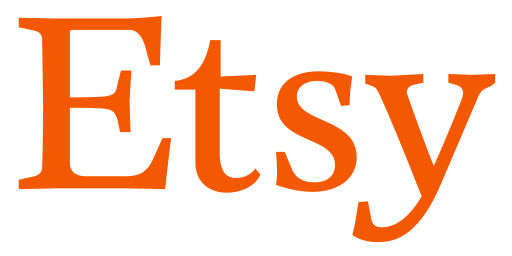Etsy has recently updated its policy regarding items in the “Made by a Seller” category, specifically clarifying rules for products created with “computerized tools” like 3D printers. The updated guidelines now emphasize that items must be “produced based on a seller’s original design,” removing previous language that allowed for “using a templated design or pattern.” This change could significantly impact thousands of sellers who use commercially licensed 3D models from designers to create physical products for sale.
The policy modification creates uncertainty for the growing ecosystem of 3D printing businesses on the platform. Many sellers currently operate by purchasing commercial licenses from 3D modelers through platforms like Patreon, Thangs, and Printables, then producing and selling physical versions of these designs. According to a Contimod report, Etsy hosts 8.13 million active sellers in 2025, with 34% citing the platform as their only source of income.
Enforcement of this policy remains unclear, with Etsy customer service reportedly providing contradictory answers to seller inquiries. The ambiguity raises questions about what constitutes sufficient modification to consider a product “original” – whether simple color changes suffice or if extensive post-processing like sanding, painting, and assembly is required. This vagueness may disproportionately affect sellers whose profit margins depend on minimal post-processing.
The update could have broader implications beyond 3D printing. Similar questions may arise for other maker communities using Cricut machines, laser engravers, and other computerized tools that often rely on commercially available design files. Content creators who sell commercial licenses to makers may also see their business models threatened if Etsy sellers can no longer use their designs.
Etsy maintains that this update clarifies rather than changes its position, stating through a spokesperson that this has “always been Etsy’s standard position on products that are made by sellers.” However, the removal of the phrase about templated designs suggests a potential shift in enforcement. As one 3D model creator noted in the press release, “Etsy has always been poor on moderation… Unless they have new tech, I highly doubt they can enforce this.”
Source: cnet.com


